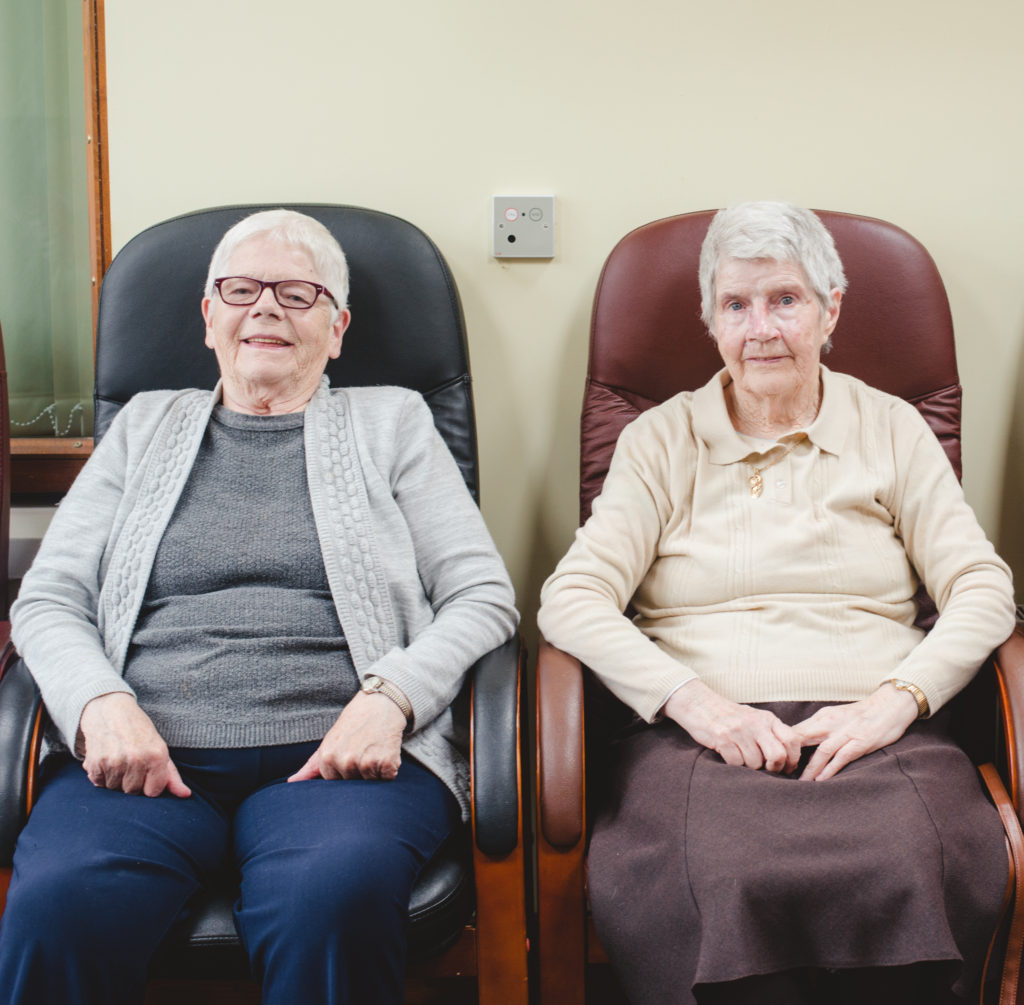Language matters – words have the power to hurt, to heal, to help, to tear down, and to inspire among other things. We rarely think about the words we use most often and what they actually mean. For example, when you forget something, jokingly calling it a ‘senior moment’ is everyday ageism. Most birthday cards have some gag about how its negative to age, such as “you’re over the hill”. Birthday cards like this would never be accepted for other types of prejudice, however it’s accepted and encouraged with ageing, something that is inevitable for most of us [1]. This does not mean humour has to die, but it’s never a bad idea to be aware of the meaning.
In recent years, person-first language has come into the forefront of conversations about disability rights and has extended beyond. Person-first language simply means that instead of the specifier, the person comes first, i.e. a person with a disability instead of a disabled person or a man with autism instead of an autistic man. The idea behind using a person-first language strategy is that instead of identifying someone by their condition, the person comes before the condition to humanise conversations. The person-first language concept extends into conversations about ageing.
By altering the conversation, we together can help change the culture of ageism. Our culture of ageism promotes the idea that aging is an undesirable, inactive process. Inactive aging leads to a multitude of illness and injuries. Part of encouraging active aging is helping others understand the benefits and fighting the stigmas of ageing that create a mindset accepting of inactivity. One of the steps to fixing our ageist culture is by becoming aware of how our language reinforces negative stereotypes.
If you break it down, it’s quite simple. By using language that does not invoke negative stereotypes, people will be less affected by said stereotypes.
[1]https://www.researchgate.net/profile/Sarah_Gervais2/publication/227060967_A_Social_Psychological_Perspective_of_Disability_Prejudice/links/0a85e530cb80a30841000000.pdf#page=48


